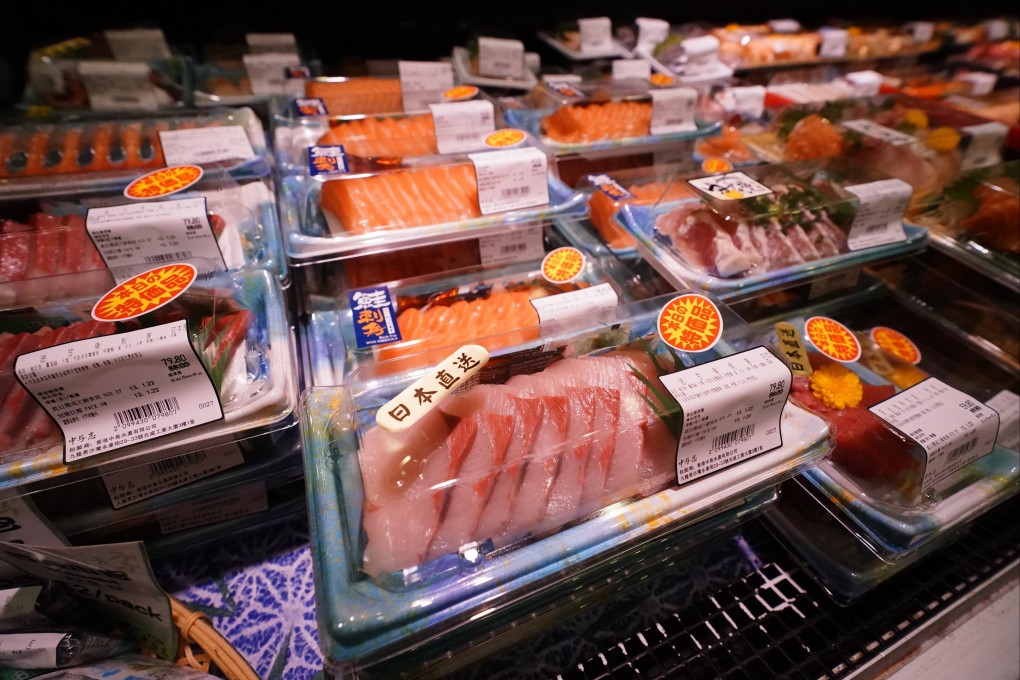No more sashimi? Hongkongers’ favourite Japanese fare part of looming supply shortage as tough Covid-19 aircrew rules bite into cargo capacity
- Experts have warned reduced capacity for imports in general will hurt city’s status as global cargo hub if stringent rules for aircrew continue
- High-end Japanese restaurants will be ‘highly affected’ as more than 90 per cent of sashimi they use are flown into Hong Kong

Hong Kong’s catering sector is bracing itself for a shortage of Japanese seafood, especially sashimi, a favourite fare among residents, as tightened Covid-19 quarantine rules for cargo aircrew are expected to drastically restrict the supply of goods into the city.
Experts have warned that the reduced capacity will hurt the city’s status as a global cargo hub, if the stringent rules on such aircrew – requiring them to isolate in a designated hotel for seven days upon returning – continue.
President of the Hong Kong Japanese Food and Cuisine Association Simon Wong Kit-Lung said he was “deeply concerned”, especially about the impact on high-end sashimi outlets.
“High-end sushi shops will be highly affected, because more than 90 per cent of the sashimi they use are flown into Hong Kong.”
Hong Kong is known to hold one of the highest concentrations of Japanese restaurants outside Japan – which testify to the city’s love for sashimi.

Hong Kong leader Carrie Lam Cheng Yuet-ngor singled out Japanese restaurants in her inaugural address to lawmakers on Wednesday, warning that the city would soon see the effect of reduced cargo capacity.